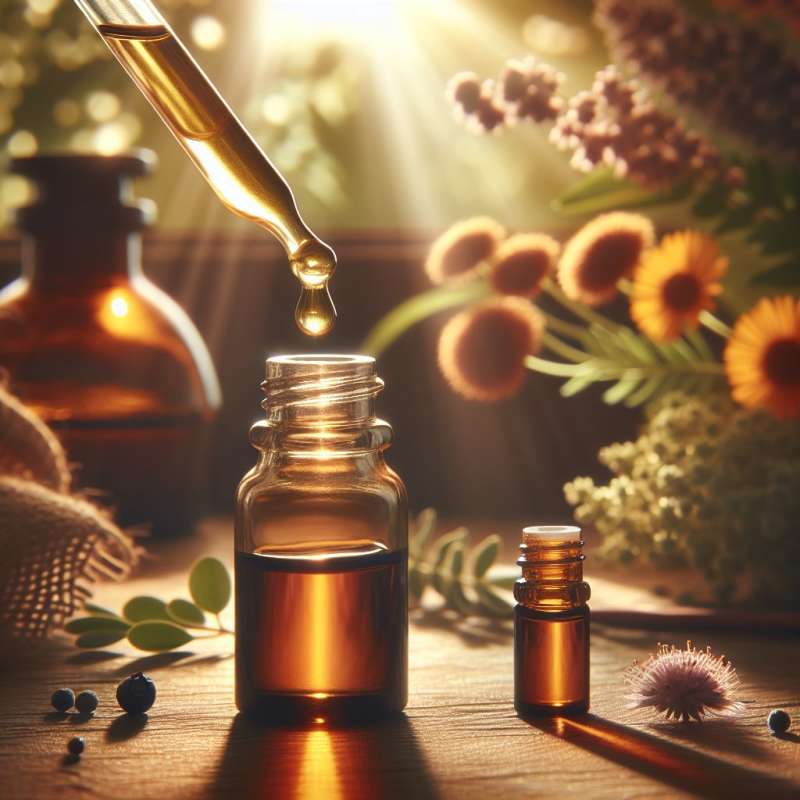
Introduction to Aromatherapy
Aromatherapy utilizes aromatic essential oils medicinally to improve health and well-being. Different oils offer various therapeutic effects, from relaxation to invigoration, impacting both physical and psychological health.
Historical Essence
The use of essential oils dates back thousands of years, with evidence of their use in ancient Egypt, China, and India for religious ceremonies, beauty care, and medicinal purposes.
Extraction Methods
Essential oils are extracted using several methods: steam distillation, cold pressing, and solvent extraction. The choice of method impacts the quality and therapeutic properties of the oil.
Chemistry Behind Oils
Essential oils are composed of volatile molecules that interact with olfactory receptors, influencing the limbic system in the brain, which controls emotions, behavior, and memory.
Surprising Oil Uses
Beyond aromatherapy, essential oils have surprising uses. Some, like lemon oil, can disinfect surfaces, while others, like peppermint, deter pests. Frankincense has been linked to aiding cell regeneration.
Safety Considerations
While beneficial, essential oils can be potent. It's crucial to dilute them properly, avoid sensitive areas, and understand potential interactions with medications or health conditions.
Sustainability and Ethics
Sustainable sourcing is vital. Overharvesting and unethical production can harm ecosystems and communities. It's important to choose oils from reputable companies committed to ethical practices.
What does aromatherapy primarily utilize?
Medicinal herbs for digestion
Aromatic essential oils
Synthetic fragrance for perfume
Company